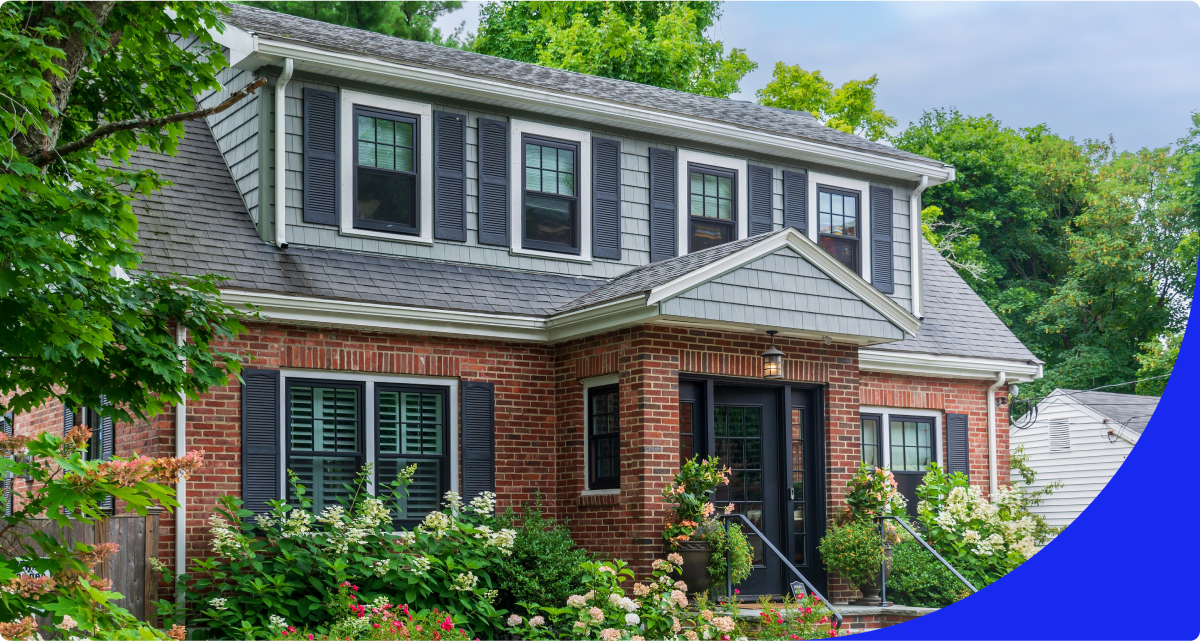Real Estate Professionals
Level up your game with our guides designed specifically for real estate professionals. From industry insights to strategies for buying and selling, here’s where you’ll find a collection of articles, tips and how-tos to help elevate your real estate expertise.



Personal Branding for Real Estate Agents: How to Stand Out

Buying Foreclosed Homes: Pros, Cons, And Details

How to Choose a Real Estate Agent You Love

Think Twice: When to Walk Away From a Home Inspection

Can You Buy a Home Warranty After Closing on a House?

Don't Worry. Be Warranty.
Have a plan for your home when things don't go according to plan
Shop Home Warranties